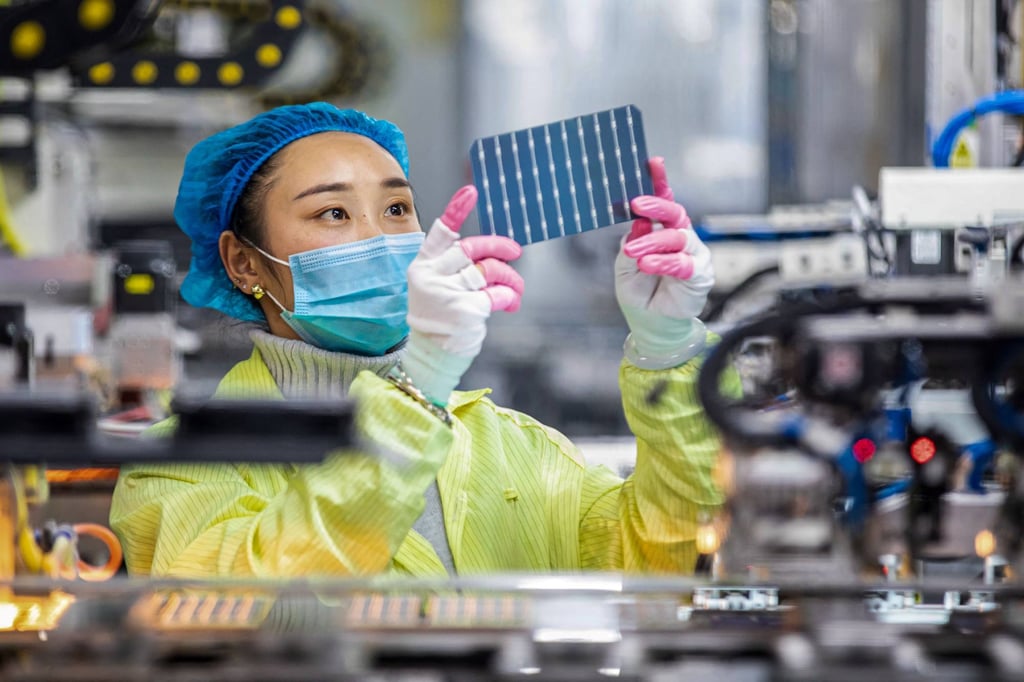With the 29th United Nations Climate Change Conference (Cop29) under way in Baku, Azerbaijan, the global community stands at a pivotal moment in its fight against climate change. For years, international climate negotiations have hinged on cooperation between two of the largest emitters – the United States and China.
The spectre of the US potentially withdrawing from the Paris Agreement under a second Trump administration casts a shadow over the conference. This uncertainty risks derailing global climate progress and leaves many questioning the US’ role in the collective effort to address the most urgent crisis of our time.
The US’ commitment to international climate efforts has been marked by a series of dramatic reversals. In 2015, under president Barack Obama, the US played a pivotal role in securing the Paris Agreement, a landmark accord in which nearly 200 countries committed to limiting global warming to below 2 degrees Celsius. This was hailed as a triumph of diplomacy, symbolising unity against a common threat.
However, two years later, the Donald Trump administration announced the US’ withdrawal from the agreement, citing concerns over economic sovereignty. The decision sent shock waves through the international community, signalling a US retreat from global climate diplomacy. Hope was rekindled when US President Joe Biden re-entered the agreement in 2021 but the damage to US credibility lingered.
With the looming threat of another US withdrawal, the international community faces the prospect of further instability. A second exit from the Paris Agreement would not only erode trust but also weaken the collaborative framework needed to achieve global climate goals. Such a move would undermine the US’ ability to lead by example, a role it once embraced with vigour.


Comments are closed.